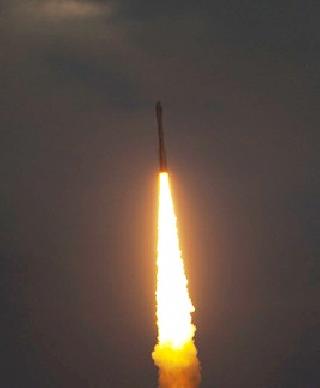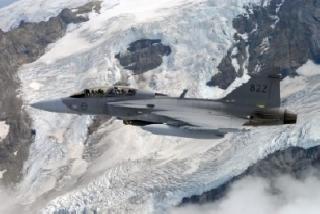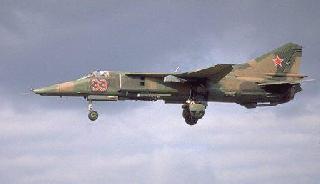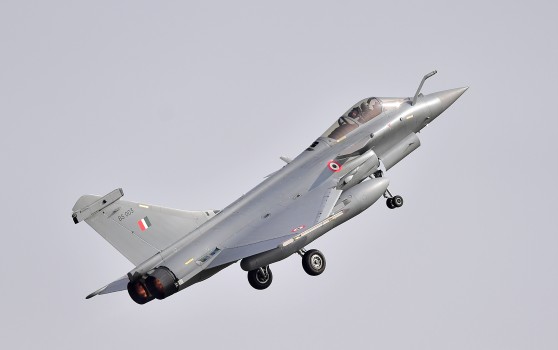
Vega makes maiden flight. An ESA photo
KOUROU, FRENCH GUIANA (BNS): Europe on Monday achieved a new milestone when the advanced space launch rocket, Vega, made its maiden flight from the Kourou spaceport in French Guiana.
The new launch vehicle, carrying nine satellites, successfully lifted off at 07:00 local time (10:00 GMT) as scheduled, the European Space Agency (ESA) said.
The test payloads on board the rocket include Italy's LARES Laser Relativity Satellite, weighing about 400kg, and ALMASat-1 satellite. The rest seven satellites are very small 'picosatellites' provided by European universities
Monday's mission was a qualification flight for the new launch system which has been developed by the ESA in partnership with the Italian Space Agency and Arianespace.
The advanced launch vehicle will provide Europe with "a safe, reliable and competitive capacity" to carry science and Earth observation satellites into orbit, according to ESA.
The rocket will launch satellites weighting between 300 kg and 2500 kg for placing into different orbits from 300 to 1,500 kilometres depending on their mass. It will complement Europe's heavy Ariane 5 rocket and Russian-made medium Soyuz rockets already launched from the European spaceport.
Named after the second brightest star in the northern hemisphere, Vega is designed "to cope with a wide range of missions and payload configurations in order to respond to different market opportunities and provide great flexibility," ESA said.
The four-stage rocket has three solid propulsion stages and an additional liquid propulsion upper module used for attitude and orbit control, and satellite release. Unlike most small launchers, Vega will be able to place multiple payloads into orbit, ESA said.
Development of the Vega launcher started in 1998 and the rocket has cost over a billion dollar.
 Previous Article
Previous Article Next Article
Next Article













The Indian Air Force, in its flight trials evaluation report submitted before the Defence Ministry l..
view articleAn insight into the Medium Multi-Role Combat Aircraft competition...
view articleSky enthusiasts can now spot the International Space Station (ISS) commanded by Indian-American astr..
view article